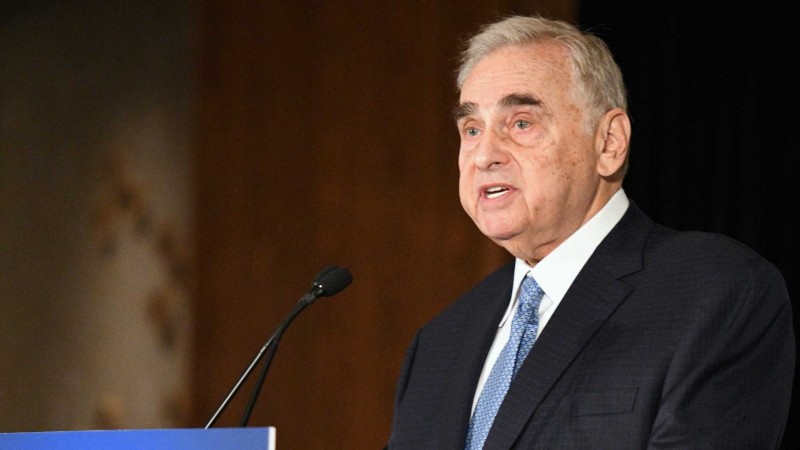Chicago city is now proposing to impose its own 2% on gross revenues from sports betting, which would bring the total tax collected in the city to 19%, under a revised ordinance poised for City Council approval this week. Rush Street Gaming owner Neil Bluhm criticized the proposal, as he lobbies against legalizing sports betting in the city.
Chicago Mayor Lori Lightfoot has argued there is no hard evidence allowing sportsbooks in and around five city stadiums would “cannibalize” revenue from a Chicago casino, which is Bluhm’s warning. Rush Street Gaming is part of two separate groups vying to build a Chicago casino. Bluhm’s Rivers Casino in Des Plaines already has a sportsbook that stands to lose business if sports betting is legalized in Chicago.
In an apparent attempt to satisfy both Bluhm and Council members, the Lightfoot administration’s revised sports betting ordinance headed for approval before the Council’s License and Zoning Committees includes a 2% city tax on gross revenues from sports betting in Chicago. Such revenues already are taxed at 15% for the state and 2% for Cook County.
“We’re in good shape to move this forward. And I look forward to making sure that we get our fair share of the revenues from this,” the mayor said Monday, as reported by Chicago Sun-Times. Noting that two percent matches the county tax, she said, “It’s only fair that the city of Chicago also obtain revenues as a result of this new venture by the sports teams.”
During an unrelated news conference Monday, Lightfoot said City Hall must shoulder the financial burden for “any infrastructure work” needed to accommodate sports betting in Chicago as well as for “regulatory oversight.” “We need to make sure that there are sufficient resources for us to be able to do it,” she added.
For his part, Bluhm was not appeased by the proposed city tax, which is not imposed on sports betting at his Rivers Casino in Des Plaines. “That 2% is nothing. It’s small potatoes. The 2% will be somewhere in the area of $1 million. But we believe and have studies that say that the loss of casino revenue will be in the area of $11 [million] or $12 million a year,” Bluhm told the Chicago Sun-Times.

Mara Georges, the former city corporation counsel now representing the United Center and Wrigley Field Holdings, called the 2% city tax a “mistake” that could push the total tax on sports betting to a “breaking point.” Georges noted Chicago’s professional sports teams and their fans “already pay one of the highest, if not the highest, amusement taxes in the country between the city and the county.” The amusement tax would be paid by “anyone even coming into one of these stadiums where the sportsbook is going to be,” she said.
“Imposing an additional tax on sportsbooks creates an unlevel playing field between the city and the sportsbook in the suburbs, which is the Des Plaines sportsbook,” Georges said.
Ald. Walter Burnett, chief sponsor of the sports betting ordinance, called the 2% tax the price that must be paid — not to appease Bluhm, but to win the 26 Council votes needed to lift Chicago’s ban on sports betting. “A lot of aldermen were actually concerned about, what was the city’s benefit out of all of this besides the infrastructure money that was going to the state and gonna be spent back in the city. This will help to satisfy a lot of aldermen in reference to that,” Burnett said.
Original article: https://www.yogonet.com/international/news/2021/12/07/60513-chicago-puts-forward-2–tax-on-sports-betting–rush-street-39s-neil-bluhm-calls-it–34nothing-34













